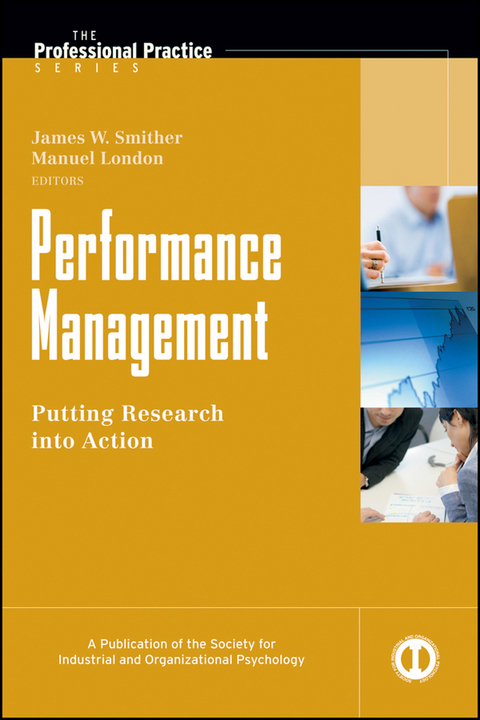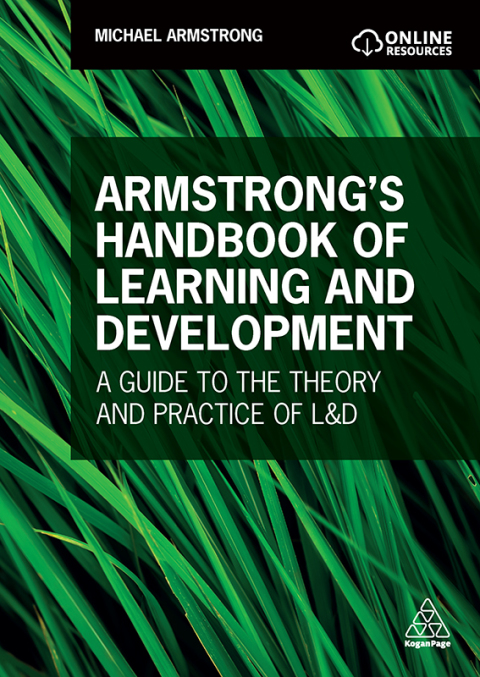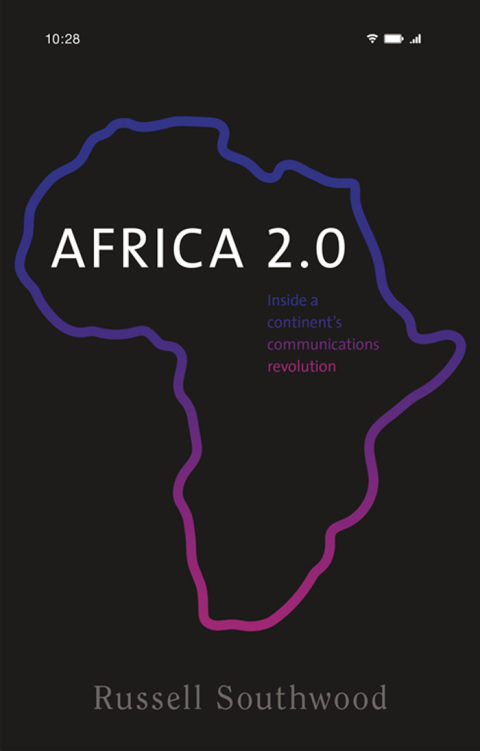Description
Efnisyfirlit
- Cover
- Contents
- Series Page
- Editor
- Title Page
- Copyright
- Series Editor
- Dedication
- Foreword
- Introduction
- Overview of Chapters
- Acknowledgments
- The Authors
- Chapter 1: An Expanded View of Performance Management
- An Expanded View of Performance Management
- The Science-Practice Divide and Performance Management
- What Is Performance Management?
- Performance Management Process
- Performance Management Best Practices
- Conclusion
- References
- Chapter 2: Aligning Performance Management with Organizational Strategy, Values, and Goals
- Alignment and Performance Management
- How Important Is Alignment?
- What Drives Alignment?
- Impact of Culture
- Outreach Airlines: From Strategy to Results
- Performance Management Systems: Why Do They Fail?
- Putting It All Together
- Conclusions
- References
- Notes
- Chapter 3: Practical Applications of Goal-Setting Theory to Performance Management
- Goal Commitment
- Task Complexity
- Goal Framing
- Team Goals
- Feedback
- Conclusion
- References
- Note
- Chapter 4: Coaching and Performance Management: How Can Organizations Get the Greatest Value?
- Organizational Approaches to Coaching: Four Stages
- A Framework for Coaching and Performance Management
- The Manager’s Role
- Performance Management vs. Developmental Coaching_
- The Role of Human Resources and Internal Coaches
- The Role of External Coaches
- Building a Culture of Coaching and Development
- Conclusion
- References
- Chapter 5: The Role of On-the-Job and Informal Development in Performance Management
- Informal Learning and Human Capital
- What Is Informal Learning?
- Incidence of Informal Training
- Methodological Issues Associated with Informal Learning
- Characteristics of the Workplace That Enhance Informal Learning
- Characteristics of the Worker That Influence Informal Learning
- Performance Management, Work and Worker Characteristics
- Best Practices in Performance Management and Informal Learning
- Informal Learning and Development Planning
- Summary
- References
- Notes
- Chapter 6: Managing Team Performance in Complex Settings: Research-Based Best Practices
- What Constitutes a Team?
- Teams and Performance Management
- Conclusions
- References
- Chapter 7: CEO Performance Management
- Introduction
- FORTX’s CEO Performance Management Process
- The FORTX Process and the State of Practice
- Increasing the Effectiveness of the Board of Directors
- Summary and Recommendations
- References
- Chapter 8: Performance Management in Multi-National Companies
- Challenges of MNCs
- Cultural Dimensions and Implications
- The Role of Organizational Culture
- Recommendations for Practice
- Summary and Conclusions
- References
- Chapter 9: Managing Contextual Performance
- Antecedents of Contextual Performance
- Outcomes of Contextual Behavior
- Managing Contextual Performance
- Recommendations
- References
- Chapter 10: Using Performance Management As a Learning Tool
- The Case
- Conclusion
- References
- Chapter 11: Diagnosing, Understanding, and Dealing with Counterproductive Work Behavior
- Introduction
- Types of Counterproductive Work Behavior (CWB)
- Diagnosing the Causes of CWB
- Dealing with Counterproductive Work Behavior
- Summary
- References
- Chapter 12: Forced Rankings: Pros, Cons, and Practices
- Defining Forced Ranking
- The Pros and Cons of Forced Ranking Systems
- Key Implementation Steps
- Concluding Comments
- References
- Notes
- Chapter 13: Technology and Performance Management: What Role Does Technology Play in Performance Management?
- Technology of the Past: What Role Has Technology Previously Played in Performance Management?
- Technology As an Enabler: How Does Technology Support the Goals and Purposes of Performance Management?
- Technology’s Role in the Process: How Does Technology Facilitate the Different Components of the Performance Management Process?
- Technology As a Challenge: What Complications Does Technology Create in the Performance Management Process?
- Taking Technology System-Wide: How Do You Implement a Technology-Based Performance Management System?
- Technology Best Practices: What Are the Best Practice Recommendations for Using Technology for Performance Management Purposes?
- References
- Chapter 14: Authentic Performance: The Valuation of Behavior as a Negotiated Business Outcome-Thomas Diamante
- The Valuation of Work Behavior: An Overview
- Components of Performance Negotiation
- Performance Negotiation: The High Quality Social Exchange
- References
- Chapter 15: Assessing Performance Management Programs and Policies
- Assessing Performance Management Programs and Policies
- Model Overview
- Assessment Point 1: Organizational Precursors
- Assessment Point 2: Training Evaluation at the Reaction and Learning Levels
- Assessment Point 3: Individual Precursors, Time 1
- Assessment Point 4: Evaluation at Individual and Department Levels
- Assessment Point 5: Organizational Precursors, Time 2
- Assessment Point 6: Individual Precursors, Time 2
- Conclusion
- References
- Chapter 16: Performance Management of the Future
- Worker and Workplace Trends
- Keeping Performance Management Effective in the 21st Century
- Conclusion
- References
- Chapter 17: Best Practices in Performance Management
- What Is Job Performance?
- Goals
- Feedback
- Employee Development
- Performance Evaluation
- Rewarding Performance
- Special Issues in Performance Management
- Conclusion
- References
- Name Index
- Subject Index
- The Editors
- Wiley End User License Agreement






Reviews
There are no reviews yet.